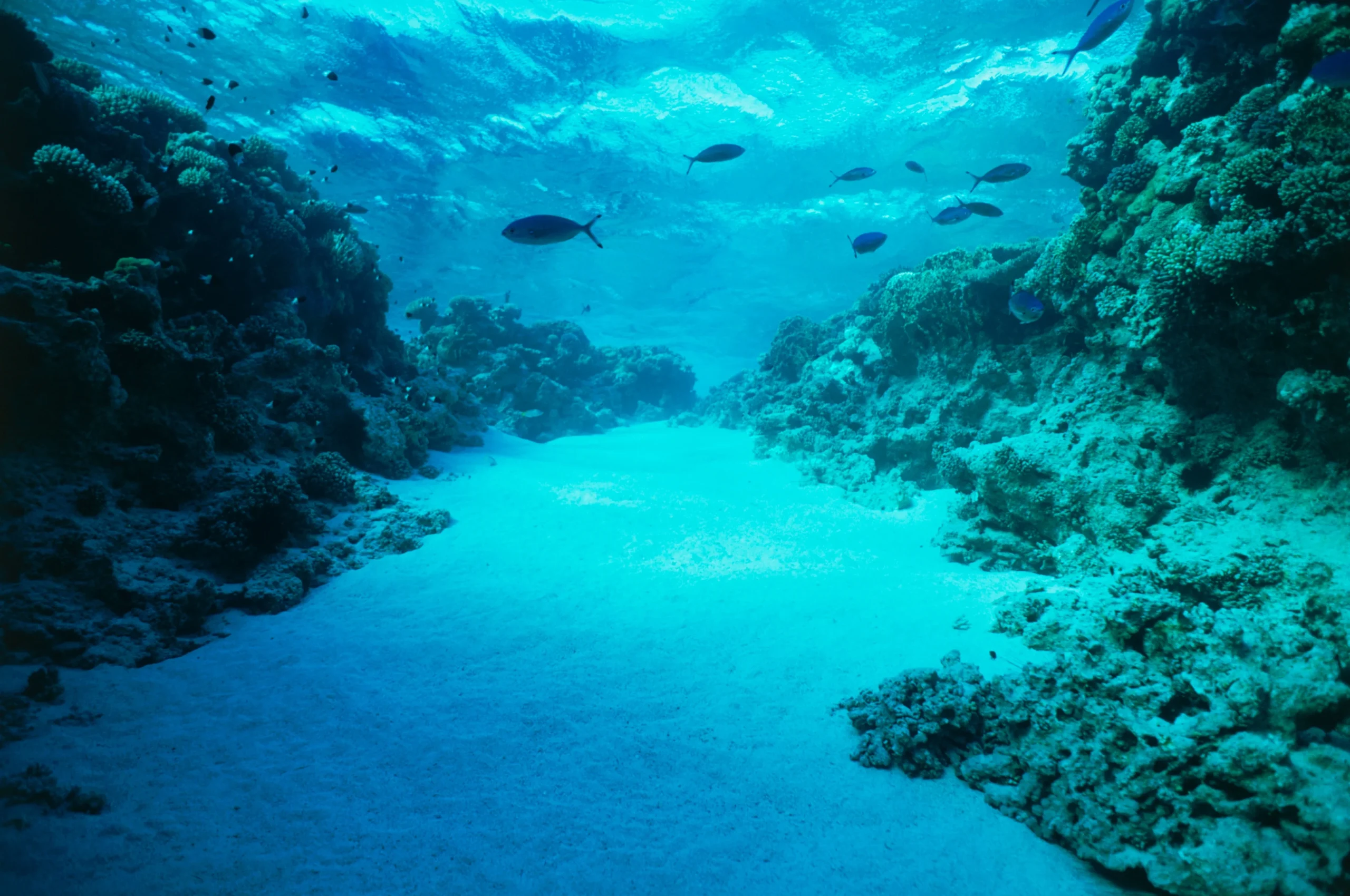Sunday, 22 February 2026

Marine experts have called for establishing Indian Standards for marine and coastal management to protect ocean ecosystems and ensure sustainable marine fisheries. To achieve this goal, a national framework addressing critical aspects, including fisheries stock assessment and climate adaptation is required, they said.
This was discussed at a workshop on marine biodiversity conservation and standardisation jointly organised by the ICAR–Central Marine Fisheries Research Institute (CMFRI) and the Bureau of Indian Standards (BIS) on Tuesday.
The Indian Standard is a gazetted document, developed to specify the minimum requirements to ensure uniform, reliable and scientifically verified methods or practices through engagement of experts and stakeholders across the country. In marine fisheries, it will help standardize how India monitors, conserves and manages its ocean resources, making policies and data more credible and globally comparable.
“Marine biodiversity is fundamental to ecosystem stability, fisheries, and climate resilience. Yet, the absence of uniform protocols has led to fragmented data and weak enforcement,” said CMFRI Director Dr Grinson George while inaugurating the workshop.
Dr Grinson George offered CMFRI’s scientific expertise in developing the framework in a range of areas such as fisheries stock assessment, coastal resource mapping, climate-resilience metrics and ecosystem-based management.
“CMFRI will take the lead in formulating scientific methodologies to be codified as Indian Standards in collaboration with BIS and other partner agencies. The institute can extend support in preparing training modules, certification programmes, and open-access repositories to promote nationwide adoption of the standards among scientists, policymakers, and coastal managers”, CMFRI Director said.
Experts at the workshop underlined that nationally recognized standards, developed in alignment with international benchmarks such as the Convention on Biological Diversity (CBD) and the United Nations Convention on the Law of the Sea (UNCLOS), would help India strengthen both conservation and trade competitiveness.
The BIS is committed to developing environmental standards and frameworks to improve the country’s marine fisheries sector, said BIS Environment and Ecology Department Head Shri. Virendra Singh.
The workshop also proposed creation of an Indian Marine Sustainability Certification System under BIS as an inclusive, affordable, and context-specific alternative to foreign sustainability certifications.
Scientists from CMFRI, Institute of Forest Genetics and Tree Breeding (IFGTB), Zoological Survey of India and BIS participated in the discussion. Dr Sujitha Thomas, Dr Shobana K S, Dr B Nagarajan and Kumar Sourabh also spoke on the occasion.